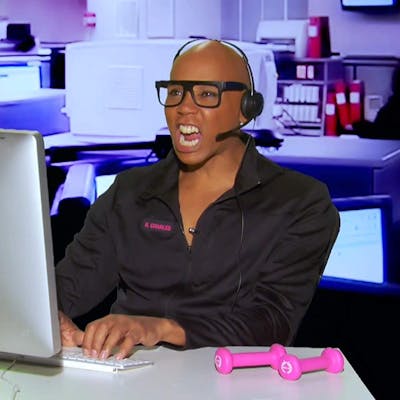There are many great roadmaps that have been written about the skills you need to start working in Web3. Unfortunately, just having the skills is not enough to get a job. Being able to present your skills and knowledge in a way that people can understand is the next step. For most people, this is by creating a CV and sending it off to open positions or hiring managers.
I see many of my frens in Developer DAO looking for roles so I thought I would provide some guidance to help them create their Web3 CVs. I have recruited and hired many developers in the past, worked in a variety of dev-focused roles like Developer Relations, and currently doing technical writing in Web3. As a freelancer, landing gigs is my lifeblood so I have become pretty good at knowing what Web3 companies like to see.
This was pretty popular and (as expected) I got many requests from people outside of Developer DAO asking for help. While I am still going through the 40+ CVs that have been sent (so far), I thought it would be good and more scalable to share my findings on the things I am recommending most often:
Lead With Your Projects
Now more than ever in Web3, people care more about that you have built or created something. Sadly, the first thing on your CV might be the only thing someone reads. The easiest way to show someone you can do the work is by actually doing the work.
This may seem obvious to some but I have seen many CVs with their first mention of anything Web3 related at the bottom of the CV. For example,if you want to be a Solidity developer, start by showing a contract you wrote.
The bottom of the CV is where all the cool projects you have built go to die.
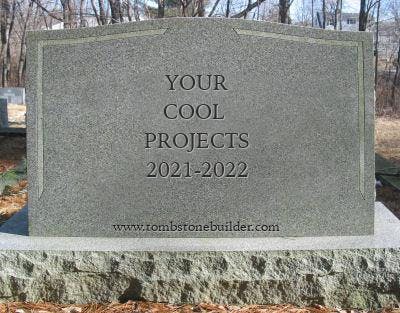
Another not on listing your projects: if you want to work in Web3, make sure that you have Web3 projects related projects listed. These projects should be solving or playing with an interesting Web3 problem. It doesn't have to be some crazy innovative thing as well. Creating an NFT marketplace or DAO tooling will do. Make sure to use popular Web3 languages, tools, and frameworks like Alchemy, Ganache, Solidity, and the list goes on.
Don't have Web3 related projects done? Make them. Complete a tutorial from Buildspace or Pointer and then make it your own by adding a feature, color, better frontend, whatever. Having completed (or at least in progress) Web3 projects will set you apart from 90% percent of all candidates. Putting it at the top of your CV will spark the interest of the reader to keep reading.
What makes a good project format?
There is no hard rule here but I like this format:
Project Name
What it does - what the project does for its users or the community
Why you/we built it - 1 sentence description of the problem the project is trying to solve.
What you used to build it - the specific tools and frameworks used
What contribution you made if you were part of a team.
Here is a completely made up example:
Project Name: DAO-GO
DAO GO alerts DAO members of snapshot votes via their mobile devices. This project eliminates the need to track DAO votes via Discord. It was built mainly using the GraphQL Snapshot API, React, and the Ethereum Push Notification Service (EPNS). I built the wallet connect experience using MetaMask and React.
Projects on a CV show your skills. A list of skills in a 'Skills Section' is just asking people to believe you.
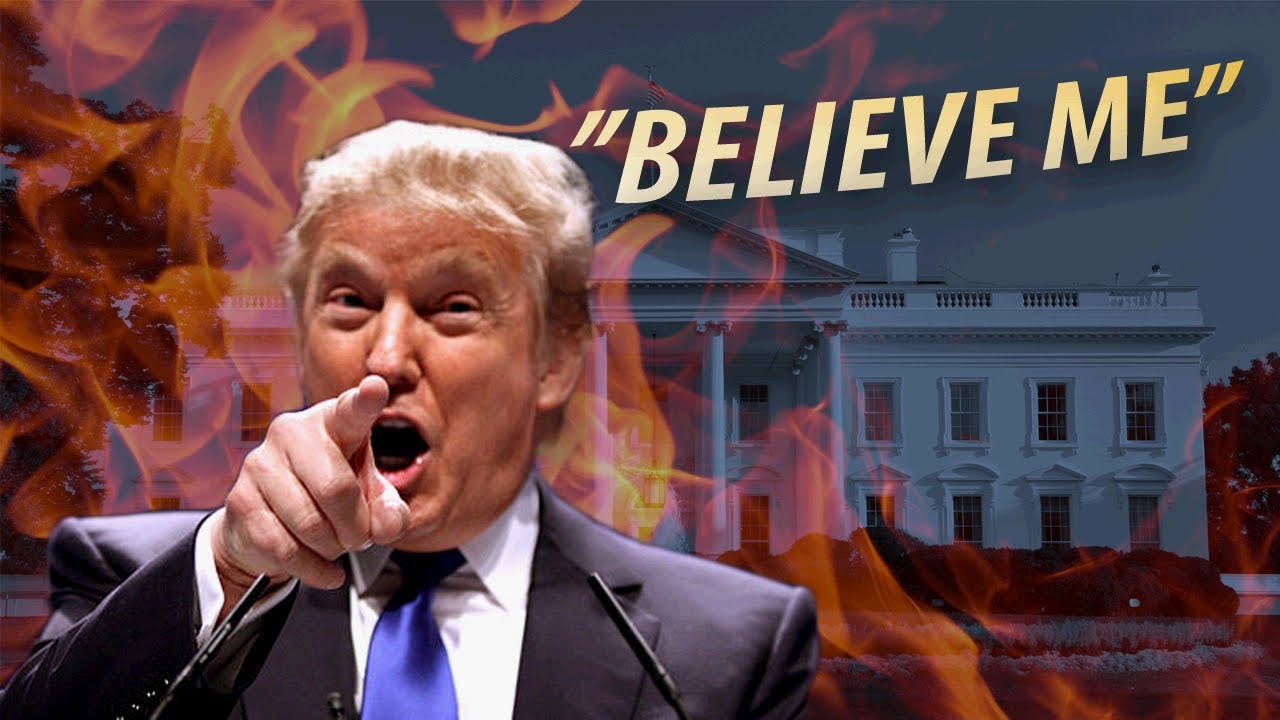
Please please please don't have those skill level charts. They look cool but they are entirely made up by you. For a reader, I have no idea the scale that you used to create it and what 70% or 5 circles in Solidity means.

List Your Github
It is nearly impossible to get a developer/technical position in Web3 without having a Github listed on your CV. If you don't have one, create one. If you don't want to work as a developer, create one too. A product manager or marketing person who has a Github with 1 Web3 tutorial completed will have a better chance than a person without it. Some understanding of the technical elements of Web3 is an absolute premium skill to have for non-technical roles.
Rethink Your Web2 Template
Web2 CV formats are safe and known. But you don't need to have some of the elements of a Web2 CV and they just take up unnecessary real estate.
You don't need a photo of yourself, you don't need your marital status, you don't need to list every club you joined at University or that you even went to a university at all if you don't want to.
I would love to say you don't need a LinkedIn as well but some hiring companies like to use it as a 'proof-of-person' test. This is because there are people with silly pseudo names like DappaDan running around and they want to make sure there you aren't some sketchy character they make a mistake of paying.
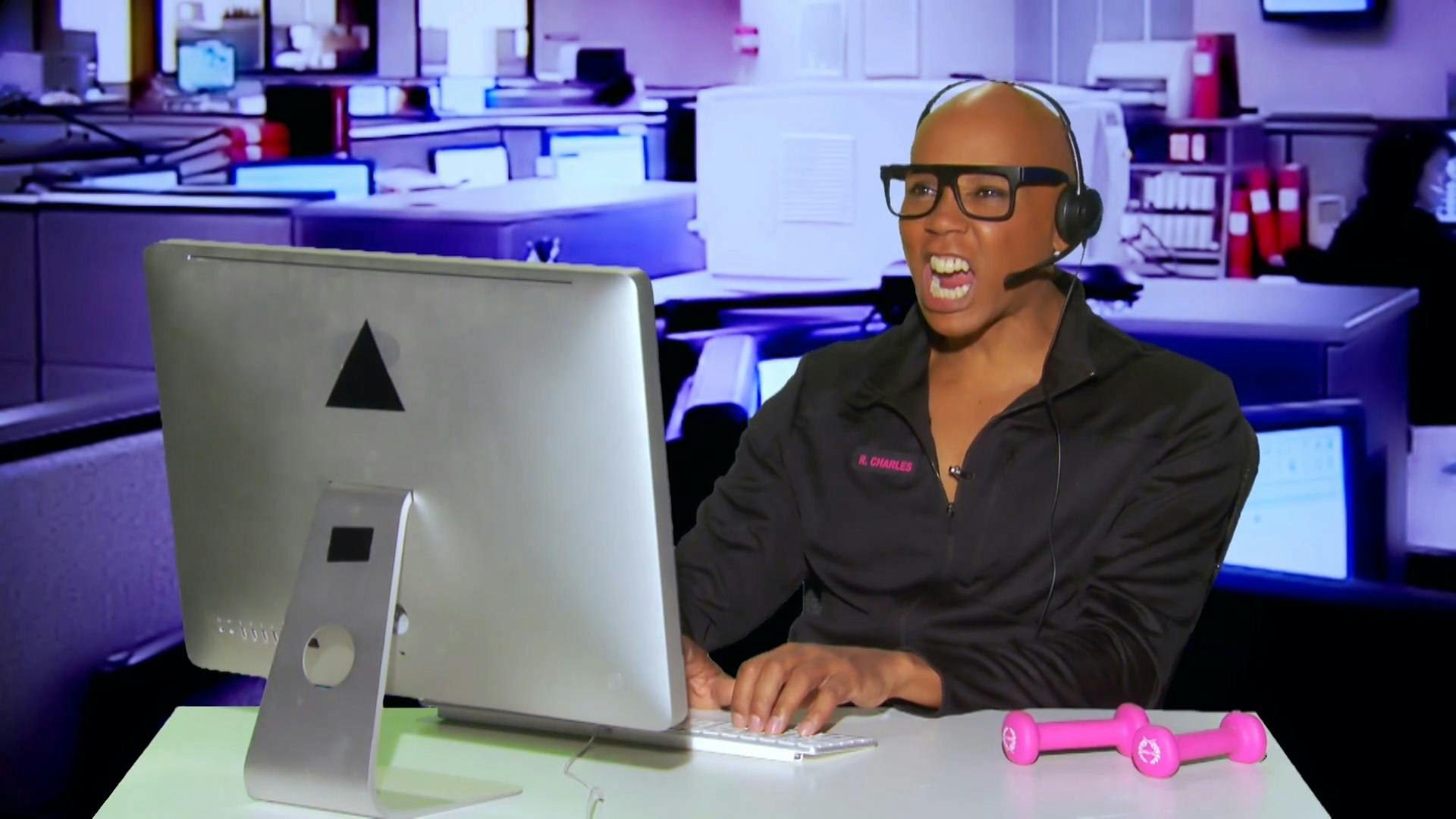
Summaries
Personally, I don't like using summaries in a CV. A CV is a summary of yourself and your skills already. You don't need two summaries. But if you MUST have a summary then you need to come correct with it. 3-4 sentences maximum is a good length. Keeping it focused on your Web3 interests, experiences and what you are looking for in a new role is a smart move.
A long 2-paragraph summary that talks about what you have done in Web2 and generic statements of how 'passionated' and 'goal-oriented' you are is just fluff. This is just empty language that you can replace with better things. Be targeted in your summary and focus on your present and future goals.
DAOs Matter
Having a DAO like Developer DAO on your CV is like having Harvard or Oxford there. Why? It's all signaling. It shows you are actively a part of the Web3 community and will be up to date on the crazy changing world of Web3. Make sure that you list your contributions to certain guilds and initiatives within the DAO. This isn't limited to Developer DAO of course, most DAOs that you are involved in will score you good points.
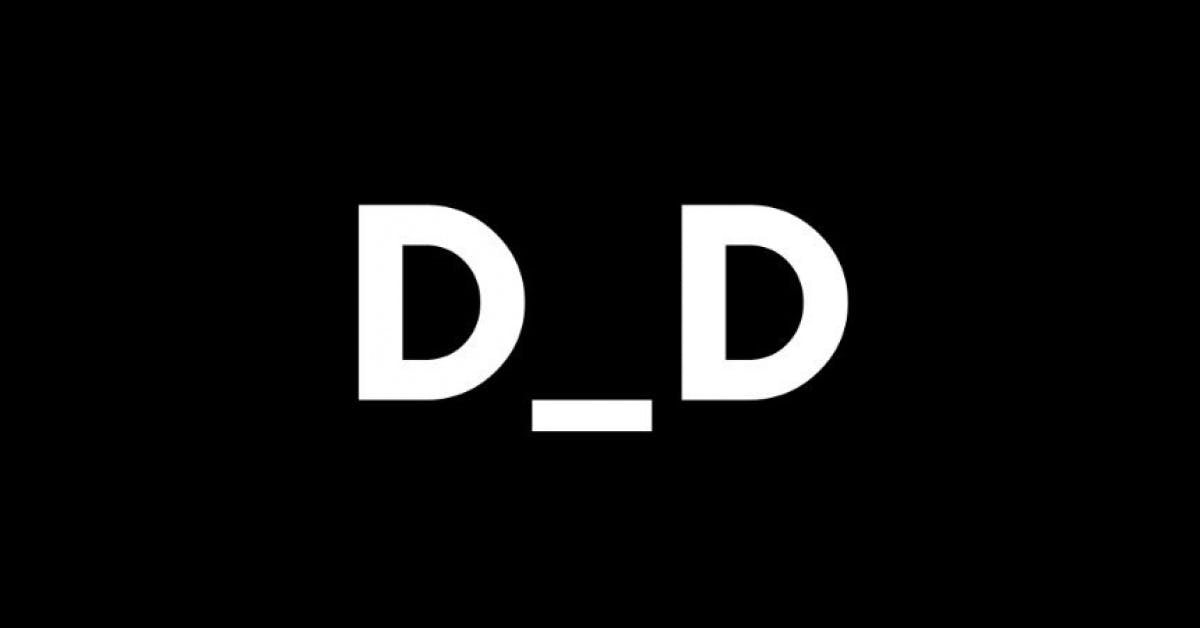
Content is Queen
Along with having projects listed, having content created is a major plus. This could be a blog article, tutorial, or short video of you explaining a Web3 topic. Whatever it is, it will show that you 1) Know about a certain topic 2) Can teach it to others, and 3) Give back to the community. This applies to any role in Web3 and it doesn't have to be some mega popular thing.
If you have the time/energy, making content that is relevant to the position you are applying for will be helpful. For example, if you are applying to a decentralized video protocol, make a blog post on how that works.
Ultimate Goal
The ultimate goal is to not have a CV (or at least not to have to submit one). You should have a good amount of work and content out there in the public that people come to you. The more you show and share your knowledge, the more this becomes a reality. So start creating and start sharing.
Web3 hiring can move very fast if the company feels they found the right person in comparison to some Web2 hiring. There are no rules in writing CVs, just suggestions. But the number one rule is just to make it easy for people to say yes.
Now back to reading more CVs!
DD
